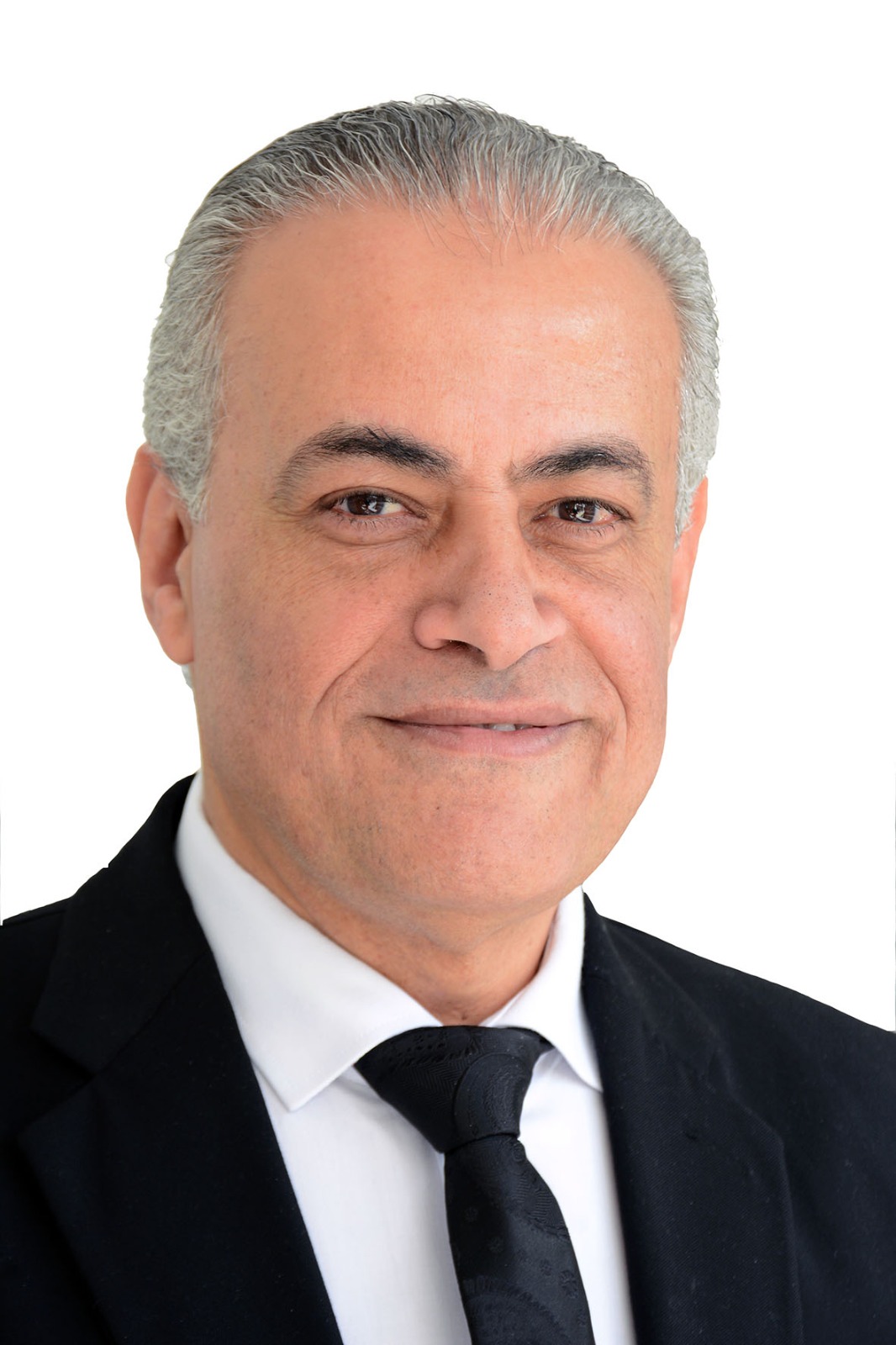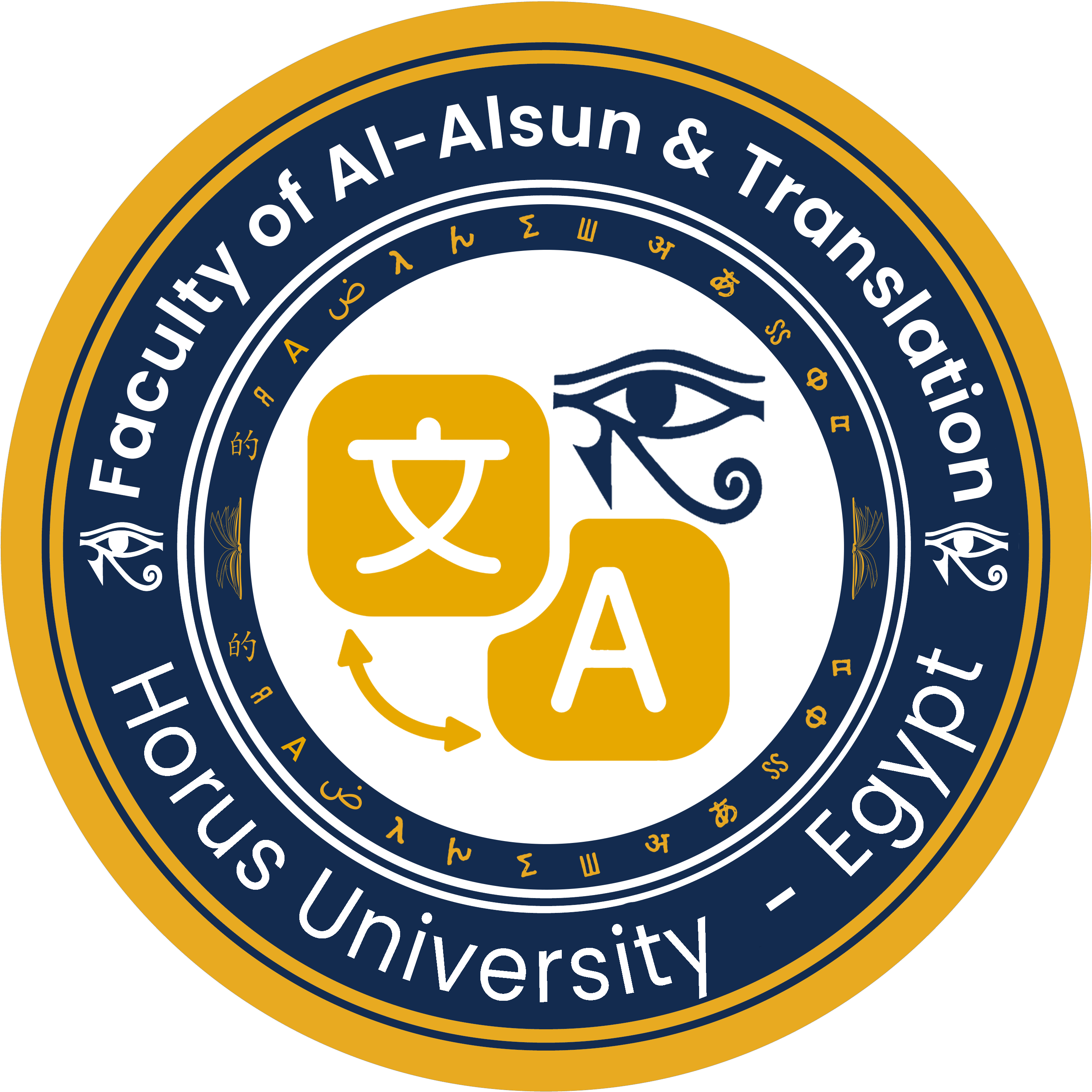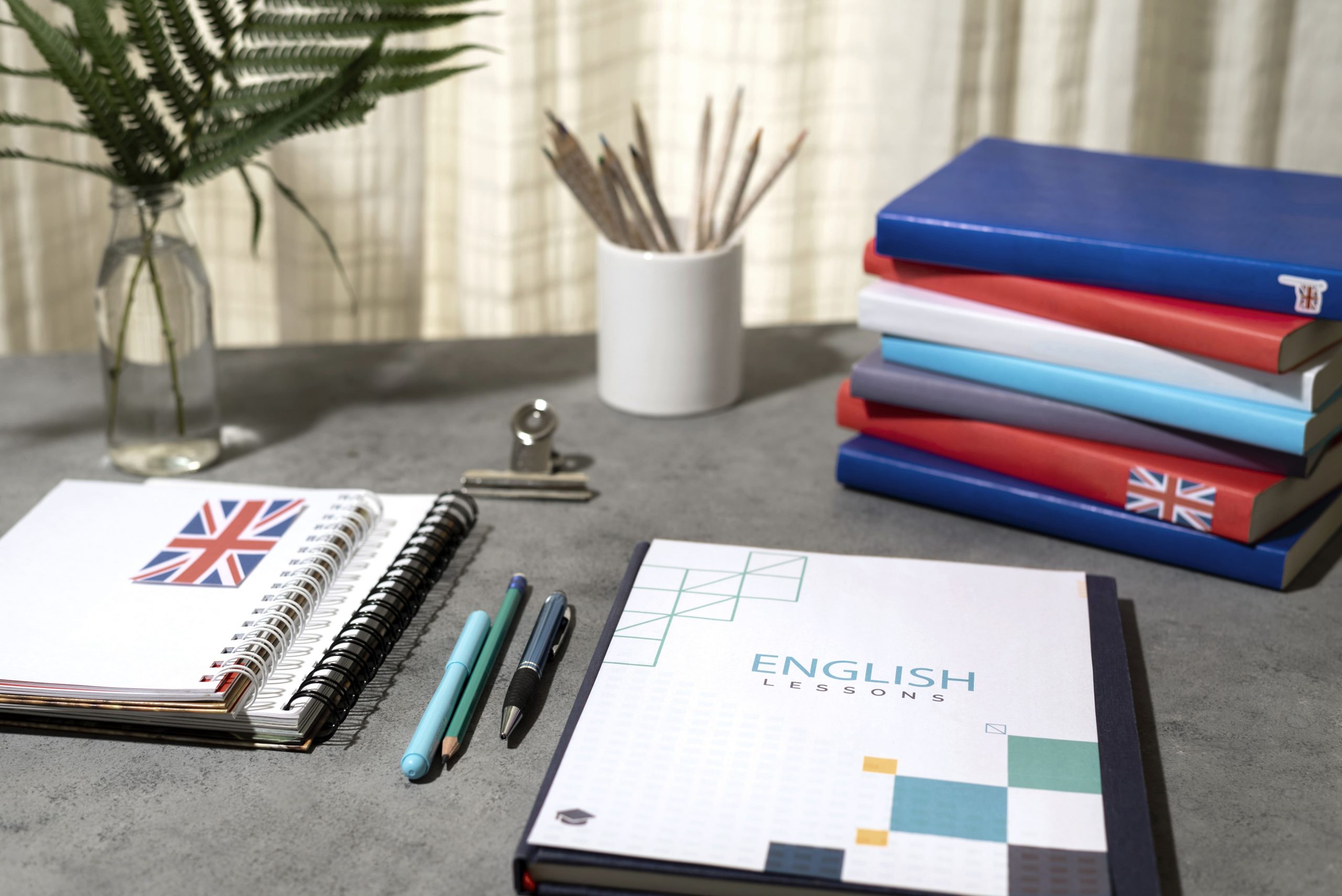Faculty of Al-Alsun and Translation
Dean's Welcome Message

Prof. Ashraf Kouta
Faculty Dean
Dear all,
Welcome to the Faculty of Al-Alsun and Translation at Horus University, Egypt (HUE)! As the inaugural dean of this newly established faculty at HUE, it is my great pleasure to welcome you to our vibrant and dynamic academic community. Our faculty, comprised of the Department of English, the Department of German, and the Department of Chinese, is dedicated to fostering a deep understanding of languages and cultures from around the globe ….

Vision
The Faculty of Al-Alsun and Translation aspires to be a leader locally and regionally in preparing specialized cadres in languages and translation, as well as a key contributor to scientific research addressing societal issues.

Mission
The Faculty of Al-Alsun and Translation excels in language education and translation, equipping graduates with expertise and job-ready skills through academic programs, research, and community engagement while preserving cultural identity.
Academic Programmes
E-Learning Strategies




Blended learning, the dynamic integration of face-to-face instruction with online learning, enhances student engagement while offering innovative teaching experiences for faculty members.
Teaching staff across Egypt have increasingly adopted blended learning in various academic disciplines, from humanities to professional and technical fields. At HUE, faculty members have leveraged the capabilities of Office 365 and its diverse applications to pioneer a model of hybrid learning.
In response to global precautionary measures, HUE implemented online lectures via MS Teams, incorporating MS Forms for quizzes and assignments, MS Stream for recorded live sessions, and MS Whiteboard for interactive discussions. Additional digital tools further enriched the virtual learning experience, allowing students to develop both theoretical knowledge and practical skills. The integration of specialised software, virtual simulations, and interactive platforms has supported diverse learning needs across disciplines.
As new curricula are developed at our institution, the possibilities for blended learning continue to expand, ensuring an adaptive and future-ready educational environment.



